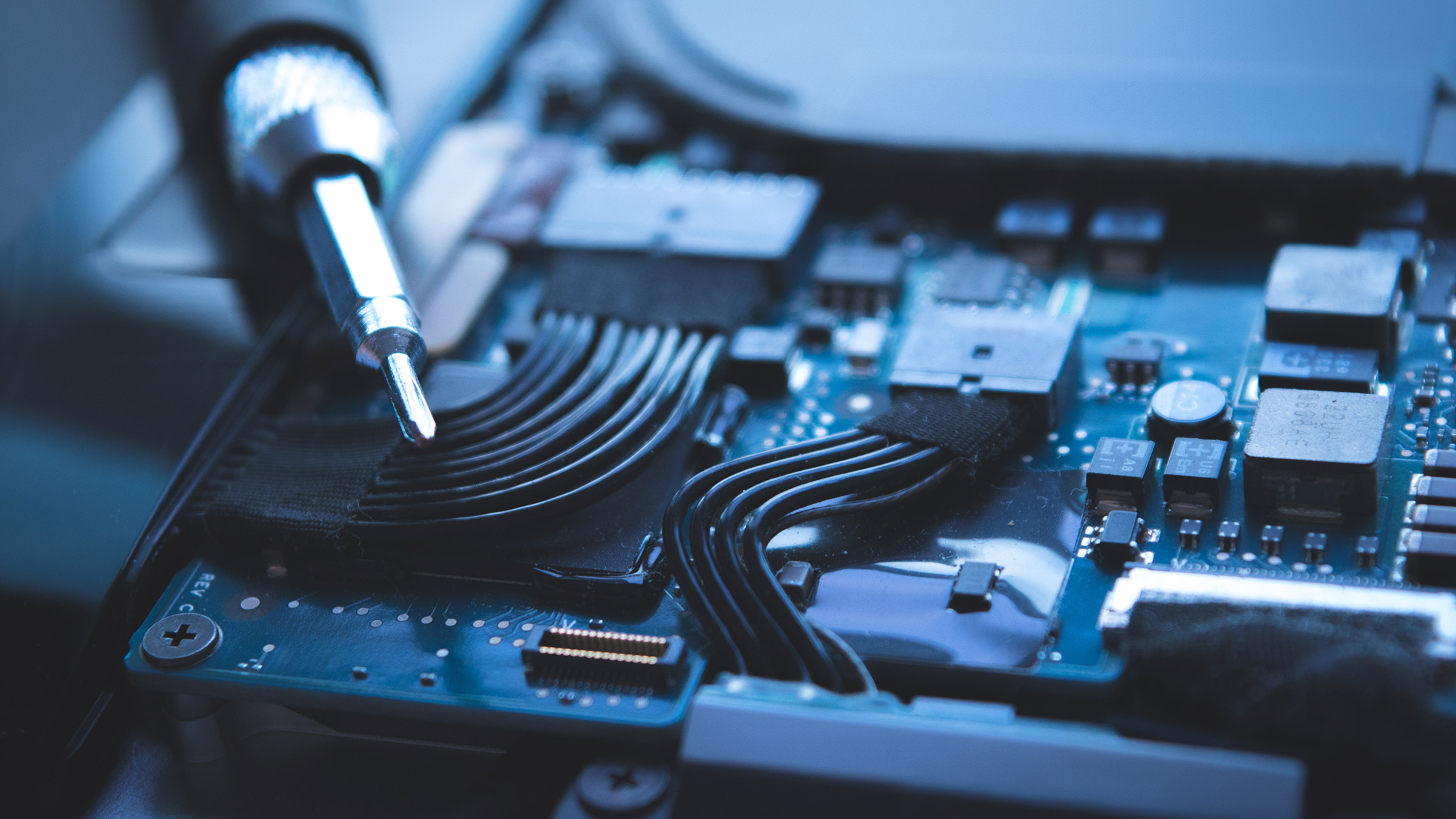Today is International Mother Earth Day!

In 2009, the United Nations officially recognized this date with the goal of raising global awareness—also through the involvement of non-governmental organizations—about environmental issues. However, the UN notes that the origins of this celebration date back to the 1970s, a time when the environment was not a political priority. The 1972 United Nations Conference on the Human Environment in Stockholm marked the beginning of global concern regarding the interdependence between humanity, other forms of life, and the planet.
Today, the UN’s Sustainable Development Agenda includes 17 goals to be achieved by 2030, such as ensuring access to renewable energy sources, promoting sustainable consumption and production, and taking action to combat climate change.
To mark this date, the Department of Electrical and Computer Engineering (DEEC) highlights three ongoing projects that contribute to a greener future and involve researchers from the department.
GreenChips-EDU
GreenChips-EDU, which involves Professors Jorge Fernandes and Marcelino Bicho dos Santos, aims to qualify professionals in the field of microelectronics. With the European Chips Act seeking to boost Europe's participation in the global semiconductor and integrated circuits industry—thus contributing to the development of green technologies—the project focuses on promoting excellence in training and preparing young professionals for a sustainable future, while addressing the challenges of the energy transition in this sector. In addition, it includes research on strategies and solutions for equipment and infrastructures in this area.
The project brings together 15 key partners from 7 countries, including Instituto Superior Técnico, INESC-ID, and SiliconGate, which was co-founded by Marcelino Bicho dos Santos.
EV4EU
The EV4EU project, involving researchers Hugo Morais and Célia Jesus, aims to develop strategies and Vehicle-to-Everything (V2X) solutions, creating the necessary conditions for the large-scale integration of electric vehicles. It focuses on creating tools, methodologies, services, and technologies that take into account battery usage, business models, and consumer needs, contributing to the reduction of greenhouse gas emissions and the achievement of carbon neutrality by 2050.
To test its proposed strategies, the project includes four demonstration sites: in Portugal (Azores), Slovenia, Greece, and Denmark. The Azores demonstration included an information session held on March 31 and April 1, during which the EV4EU app was used to monitor the charging routines of six participants and two institutions.
EXIGENCE
The EXIGENCE project aims to reduce energy consumption and carbon emissions from Information and Communication Technology (ICT) services, based on three main pillars: the development of sustainable measurements across different domains, the optimization of services and resources, and the promotion of fair responsibility allocation. The project seeks to design and implement a prototype system capable of adapting energy consumption across various domains—such as video streaming and mobile data transport—while meeting the requirements for 6G networks.
The project is co-funded by the European Union and includes the participation of the Institute of Telecommunications (IT). Although the research team is coordinated by Daniel Corujo and based in Aveiro, it also involves Professor Ayman Radwan.
Learn more about these initiatives at the following links:
